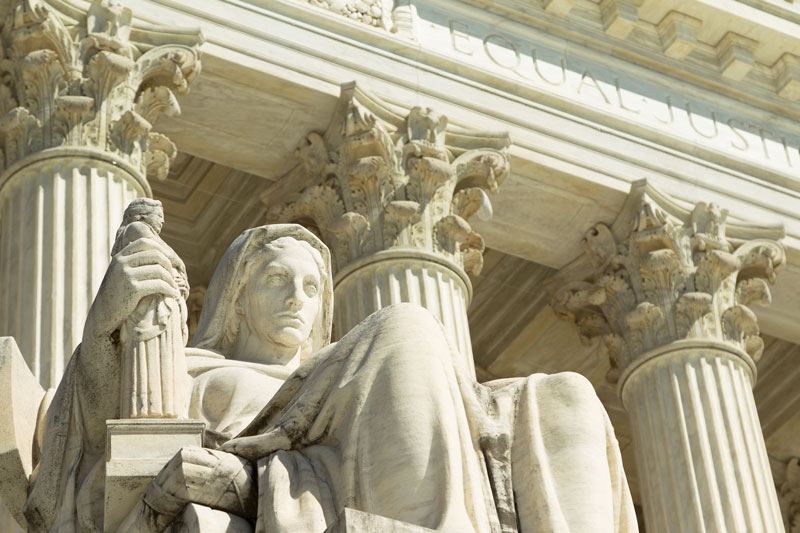
Supreme Court Rightly Lets Communities Choose How to Respond to Homelessness
The Supreme Court’s decision in City of Grants Pass, Oregon v. Johnson will save lives by allowing local governments and law enforcement agencies to determine how best to respond to homelessness in their own communities. In many cases, that will mean intervening in homeless encampments that are dangerous both to the people living in them and nearby communities.
The overreach of the federal court system into local homeless policy over the last six years has proven disastrous in the Western United States. Encampments have been allowed to grow while state and local governments have been left without recourse to intervene. This ruling will prevent future misguided attempts to strip communities of important tools to help homeless individuals access the critical care and resources they need to keep the streets clear of encampments so communities can thrive as well.
Most municipalities have laws that prevent individuals from sleeping or setting up camps without permission in parks, in open lots, or on sidewalks. These laws serve an essential function in maintaining basic order. If someone is sleeping somewhere they’re not supposed to, then law enforcement is empowered to remove them. However, in the context of street homelessness, there is an additional and equally important function: Connecting individuals with basic care and shelter. If they are unwell, these interventions also connect them with other resources they need.

Stay Informed
Sign up to receive updates about our fight for policies at the state level that restore liberty through transparency and accountability in American governance.
